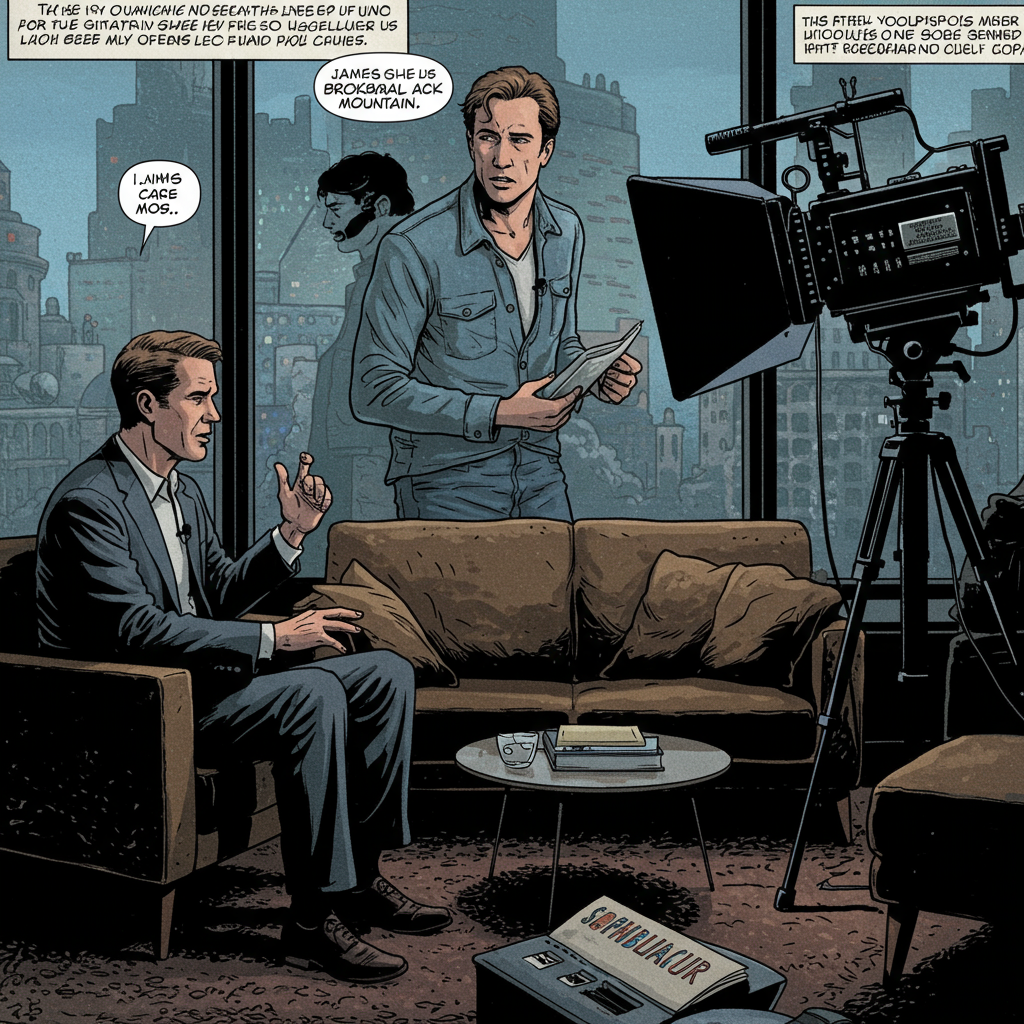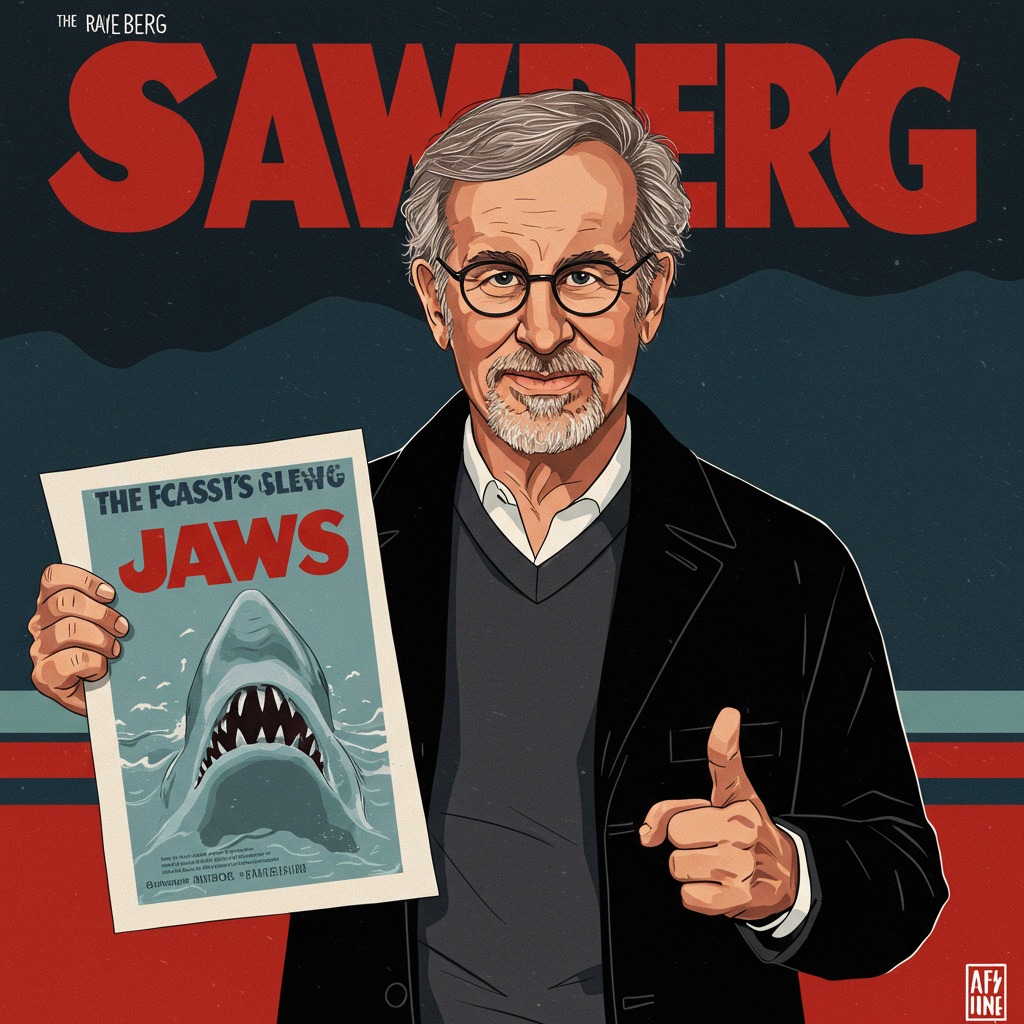It’s hard to imagine today, but the film now universally acclaimed as a modern classic, Brokeback Mountain, began its journey not with anticipation, but with ridicule. Twenty years after its release, the story of Ennis Del Mar and Jack Twist stands as an undisputed cinematic achievement, a testament to the vision of its creators who dared to defy Hollywood’s reluctance.
Producer James Schamus recalls the initial perception of the project, based on Annie Proulx’s celebrated short story and adapted by Diana Ossana and Larry McMurtry. In the late 1990s, the screenplay was dismissively known as the “gay cowboy script.” It was, in his words, “a laughing stock.”
Years Trapped in Development Hell
Before it ever reached the screen under Ang Lee’s direction, Brokeback Mountain languished for years in development limbo. Despite the acclaimed source material and a powerful screenplay, getting the film made proved an immense challenge.
Schamus, known for his work with Lee, acquired the rights in 2001. He noted that a previous producer had allowed the rights to lapse because, quite simply, “every single possible variation on this thing—everyone passed.” Studios, directors, and actors seemed hesitant, unable or unwilling to take on the story. This widespread disinterest left the project stalled, seemingly destined never to be realized.
Defying the Odds, Becoming a Classic
Even after it was finally produced and released, Brokeback Mountain faced continued resistance. Reports emerged of some celebrities refusing to even see the film or vote for it during awards season. Yet, the powerful performances, sensitive direction, and poignant narrative resonated deeply with audiences and critics alike.
Two decades on, Brokeback Mountain‘s initial struggle seems like a historical footnote compared to its enduring legacy. It didn’t just break through; it cemented its place as a vital piece of cinema, celebrated for its emotional depth, cultural significance, and groundbreaking portrayal of love against societal constraints. Its journey from a whispered Hollywood joke to an undisputed classic highlights the persistent power of storytelling and the determination required to bring challenging narratives to light.


